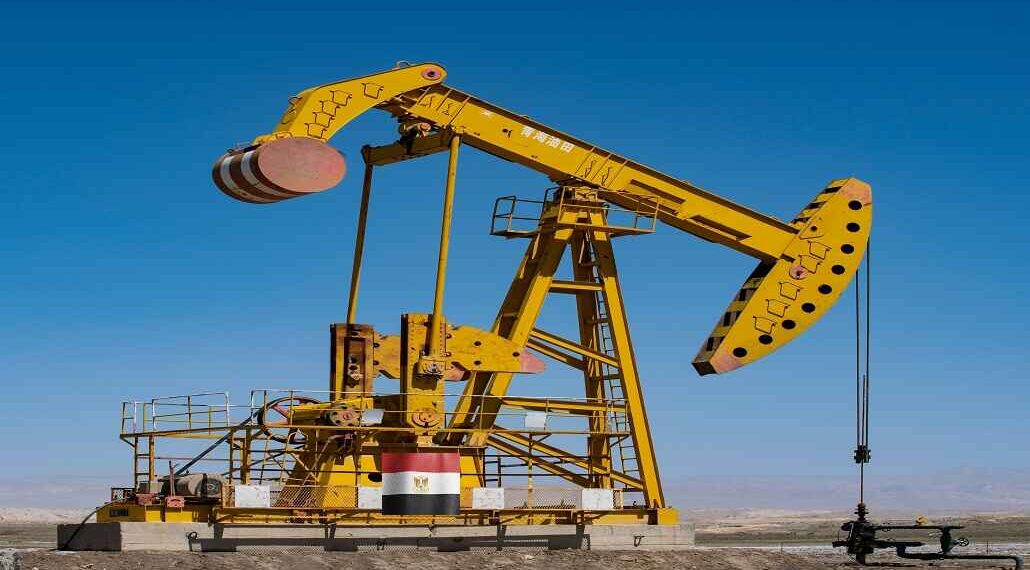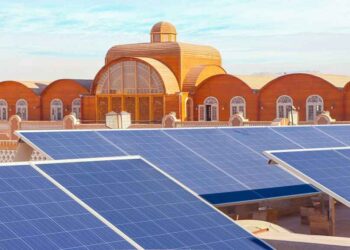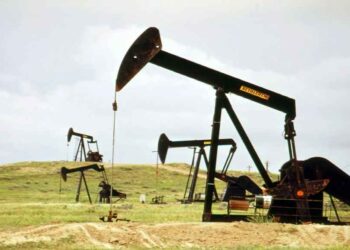Iraq happens to be evaluating the oil export possibilities across the African markets as part of its broader plan to go ahead and diversify its export destinations, said Hayan Abdul Ghani, its oil minister.
As per Ghani, the government is assessing the feasibility when it comes to entering the African markets by way of transparent and competitive bidding as the mainstay of their approach. The minister confirmed this to Al-Iraqiya News in an interview that’s followed by the Iraqi News Agency – INA. It is worth noting that Basra Oil Company happens to oversee all the aspects of Iraq’s oil operations, said the minister, adding further that most of the oil projects went on to suffer extensive damage in 1991. The after-war reconstruction process offered valuable insights when it came to restoring the production capacity.
Iraq has already inked 44 contracts under the recent oil export licensing rounds, reflecting its ongoing efforts to expand oil export possibilities, wherein there are 14 provinces that have been included. Basra happens to have the largest share with 12 contracts. Notably, oil export range between 3.2 million and 3.5 million barrels a day, out of which 70% are shipped to Asia. China and India remain the largest buyers.
As per Abdul Ghani, 8 major OPEC members have gone on to implement some voluntary production cuts, which are a part of the organization’s plan to make sure that the global market is stabilized. He added that Iraq is indeed committed to this policy while also denying any kind of effort to not include western firms in the contracts.
Ghani said that all companies have been invited to be part of the fifth as well as sixth licensing rounds. But US firms happen to play a very limited role in it. He further stressed that the licensing decisions happened to be based upon the technical considerations and not the political ones.
Apparently, most of the oil sector equipment across Iraq happens to be sourced from either the US or Europe, adding that ExxonMobil went on to voluntarily withdraw from the West Qurna 1 field. The minister said that the country maintains a high level of transparency in the oil sector’s functions and also helps fund companies that have robust operational effectiveness.
It is well to be noted that Iraq is also advancing its renewable energy projects. A solar power plant, which happens to be developed by TotalEnergies from France, is all set to generate almost 1100 MW.
The Iraqi government has already allocated $16 per barrel when it comes to the oil production costs in the region of Kurdistan, whereas the Rumaila field goes on to produce 1.4 million barrels a day.
The country is anticipating exporting 350,000 barrels per day through Ceyhan port in Turkey; however, the Federal Oil Ministry does not happen to oversee the Kurdistan production. It has been informed to OPEC that Kurdistan happens to be at present producing 286,000 barrels a day, said Ghani. He added that some Iranian oil tankers happen to use forged Iraqi documents to evade the sanctions. Iraq, apparently, has already notified the US authorities that the documents used by the Iranians are fake and that Iraq does not have any kind of involvement in it. As Iraq continues to explore oil export possibilities in new markets, its commitment to diversification and global energy stability remains strong.



















































